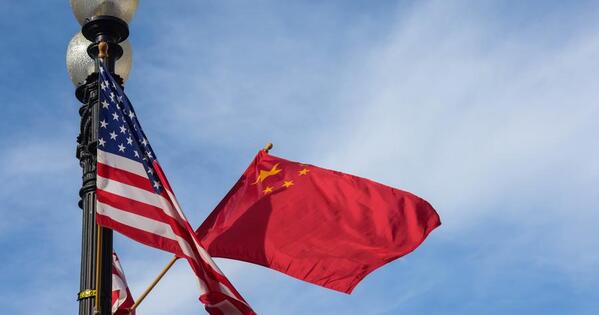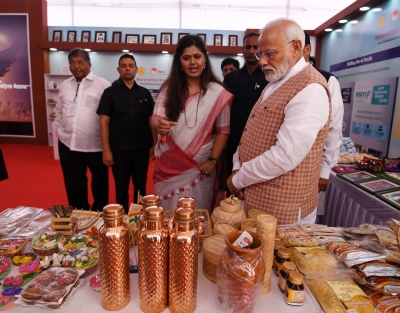
The essence of China-U.S. economic and trade relations is mutual benefit and win-win results. Both China and the United States stand to gain from cooperation and lose from confrontation.
BEIJING, Sept. 16 (Xinhua) — The two-day China-U.S. economic and trade talks, which concluded in Madrid on Monday, once again demonstrated that rational dialogue serves the interests of both sides.
During the talks, the Chinese and U.S. delegations engaged in candid, in-depth and constructive communication, and reached a basic framework consensus on resolving issues related to TikTok through cooperation, reducing investment barriers and promoting relevant economic and trade cooperation.
China’s position on the TikTok issue is clear and consistent: China opposes politicization, instrumentalization and weaponization of technology as well as economic and trade matters, and will resolutely protect the national interests and the legitimate rights and interests of Chinese-funded enterprises overseas.
In the talks in Madrid, the Chinese side reaffirmed that China never seeks to reach any agreement at the expense of principles, interests of companies, or international fairness and justice. China will firmly safeguard the national interests, the legitimate rights and interests of Chinese enterprises, and carry out technology export approval in accordance with relevant laws and regulations. At the same time, the Chinese government fully respects the will of enterprises and supports them in conducting business negotiations on an equal footing in accordance with market principles.
China-U.S. economic and trade talks should never deviate from the fundamental principles of mutual respect, peaceful coexistence and win-win cooperation. China agreed to reach a relevant consensus with the United States because, based on its assessment, China has come to the judgment that such a consensus is in their mutual interest.
The outcomes of the talks were hard-won, yet their foundation remains fragile. Despite multiple rounds of China-U.S. economic and trade consultations, the United States continues to expand its sanctions against Chinese entities. The U.S. side cannot, on the one hand, ask China to take care of U.S. concerns, and on the other hand, continuously suppress Chinese enterprises. Such contradictory practices only severely undermine the atmosphere of cooperation and erode the hard-won outcomes of dialogues.
The essence of China-U.S. economic and trade relations is mutual benefit and win-win results. Both China and the United States stand to gain from cooperation and lose from confrontation.
It is hoped that the United States will take the basic framework consensus reached in the Madrid talks as a new starting point, walk in the same direction with China, demonstrate sincerity through concrete actions, lift restrictions on China at an early date, end its suppression of Chinese enterprises, and work together to safeguard the hard-won results of the dialogue.
Looking ahead, Washington should work with Beijing to make full use of the bilateral economic and trade consultation mechanism, continue expanding common ground while resolving differences, and steer China-U.S. economic and trade relations back onto the track of sound, stable and sustainable development.



